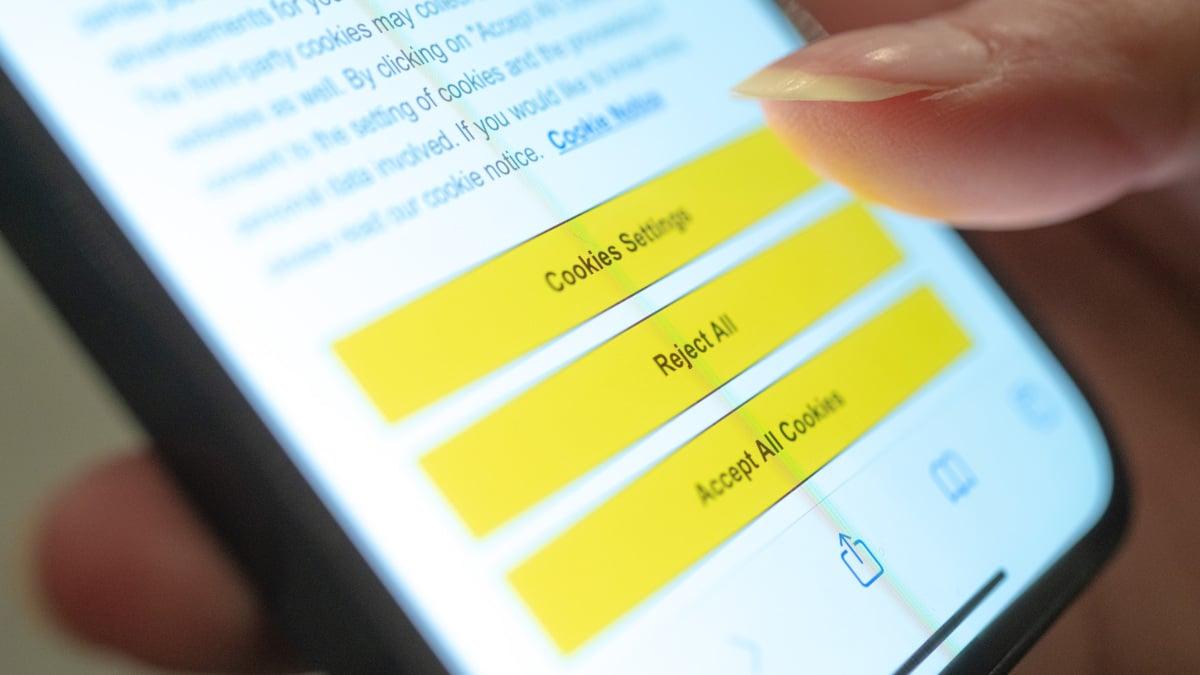Are you tired of the never-ending pop-ups requiring your consent to cookies every time you visit a website? Well, internet users may soon get a reprieve from cookie consent prompts.
The European Commission is currently looking into relaxing a 2009 EU law that has inadvertently led to the endless cookie consent pop-ups around the web.
The law, called the e-Privacy Directive, requires websites to request consent from users before loading cookies on their computer or mobile device.
Cookies are a small text file that websites use to store a user's information and preferences. Cookies were originally introduced to simplify things for the user. For example, cookies are the reason a user can stay logged into a social media account without having to sign in every time they open up the website. Cookies are also why a user is able to return to an e-commerce shop and their shopping cart items remain in their cart from their last session.
The e-Privacy Directive was passed with the intent to protect users' privacy, as cookies can also be used for invasive marketing purposes or shared with third-parties without a users' consent. While the law provides an exception for cookies that are "strictly necessary" to provide a service, many platforms still serve the cookies' consent pop-ups to ensure they are not violating the law.
Mashable Light Speed
According to POLITICO, the European Commission is currently considering how to deal with cookie pop-up overload.
The EU could add additional exceptions to the existing law, or allow users to set their consent preferences in advance in their web browser settings.
Industry lobbyists have pushed for cookie consent-related laws to be included in the EU’s broader General Data Protection Regulation (GDPR). As POLITICO points out, the GDPR uses a "risk-based approach" where companies have more control over privacy safety measures.
Privacy advocates, however, are warning against giving the industry too much power over cookie consent, as any changes could be used to give away more user data for advertising and marketing purposes.
It does appear that countries within the EU want some sort of change that deals with how many times internet users have to see cookie consent pop-ups. Denmark, for example, suggested that collecting data “for technically necessary functions” or “simple statistics" should not require a users' consent.
It's important to note that the EU law requiring cookie consent resulted in websites implementing the same pop-ups for users around the world, so what the EU decides here will affect countries outside of Europe as well.



